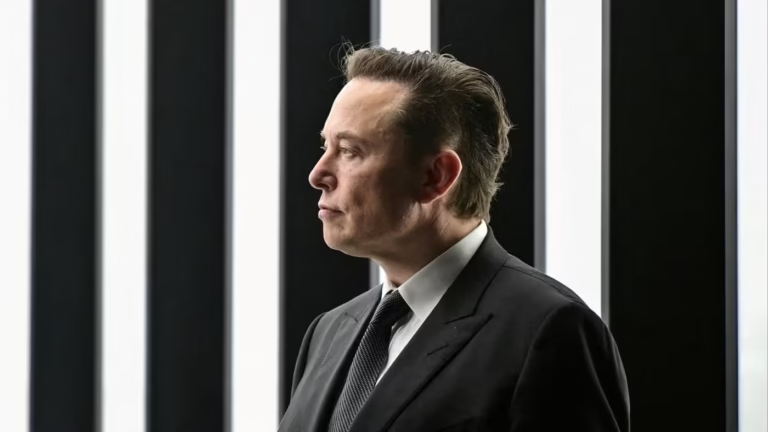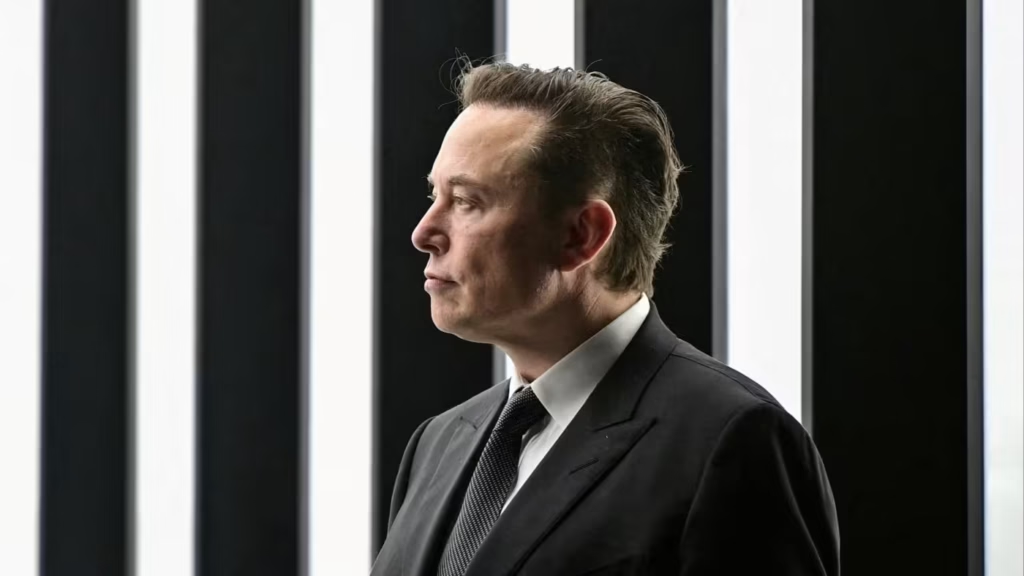A U.S. court has just issued a landmark ruling. It will have a major impact on the future of artificial intelligence. In a historic antitrust case, a federal judge has ordered Google to share key search data with its rivals. This move could fundamentally reshape the competitive landscape. This decision is a win for regulators. It is also a significant boost for emerging AI companies. These firms have long struggled to compete with Google’s vast resources. Therefore, the Google AI data-sharing mandate signals a new era. It promises to accelerate innovation and create new opportunities for smaller players.
The Details of the Data-Sharing Order
U.S. District Judge Amit Mehta’s September 2, 2025, ruling was the conclusion to a five-year legal battle. The court ruled that Google had maintained an illegal monopoly in online search. As a remedy, the judge ordered the company to provide “qualified competitors” with access to portions of its search index and query data. This crucial data allows a search engine to understand what people are looking for. Previously, rivals had no access. This created an almost insurmountable barrier to entry. This ruling also bans Google from entering exclusive deals with device manufacturers. However, it can still pay partners for non-exclusive default placement.
Who Benefits from This Google AI Data-Sharing?
The primary beneficiaries of this ruling are the burgeoning generative AI companies. Judge Mehta specifically noted that firms like OpenAI and Perplexity AI are “better placed to compete with Google than any search engine developer has been in decades.” By gaining access to Google’s data, these companies can better train their large language models. They can also improve the accuracy and relevance of their AI-powered search assistants and chatbots. This Google AI data-sharing requirement lowers the barrier to entry. It allows these rivals to build on a dataset that would have taken them years and billions of dollars to replicate. In short, this move is intended to inject new competition into a market that has been stagnant for years.
Why This Doesn’t “Route” the Tech Giant
While the ruling is a victory for regulators, Google’s investors are celebrating it as well. The company’s stock rose significantly after the decision was announced. The reason is simple. The court stopped short of imposing the most severe penalties sought by the government. The judge rejected a forced breakup of the company and a mandate to sell off its valuable Chrome browser and Android operating system. This means Google retains its most critical and profitable assets. For that reason, the Google AI data-sharing requirement, while a significant concession, does not threaten the company’s core business model. It is a calculated compromise. It promotes competition without dismantling one of the world’s most profitable firms.
The Future of AI Competition
This landmark decision could set a precedent for future antitrust cases against other tech giants like Meta and Amazon. It acknowledges that the rise of artificial intelligence has created a new kind of competitive environment. This environment cannot be addressed by traditional antitrust remedies alone. The Google AI data-sharing ruling is an attempt to foster a more level playing field for the next generation of digital innovators. Ultimately, the success of this order will depend on how effectively Google’s rivals use the newly available data. They need to create compelling products that truly challenge Google’s decades-long dominance in the search market.
For more news and updates please visit PFM Today.















